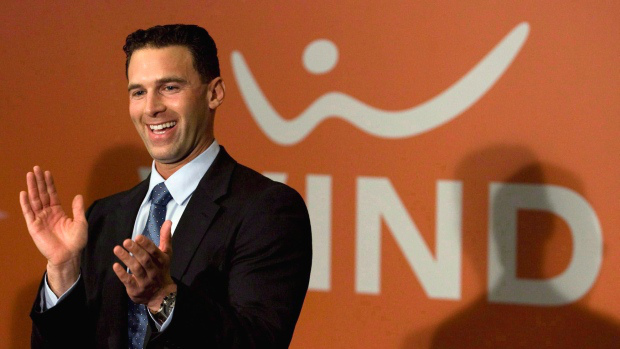Telecom consultant Mark Goldberg had some fun the other day in slagging suggestions (like mine) that the Canadian government might want to get more directly involved in the country’s broadband and wireless markets. He pointed to an article by Jeffrey Eisenach, an economist for the American Enterprise Institute and professor at the George Mason University School of Law, that criticizes Australia’s efforts to build a super-fast government-owned National Broadband Network.
With $7.3 billion being spent so far to connect just 260,000 premises - about five per cent of the nation’s households, representing a cost of $28,000 each - it’s “a failed experiment” that never should have happened. The best way to get great services and prices, Eisenach argues, is to continue letting companies compete against each other. “As the Australians… have learned the hard way, however (sic), there is nothing romantic about pouring billions of dollars down a broadband rathole – especially when, as the U.S. experience has amply demonstrated, the real path to better broadband lies in letting the market work.”
Where to begin? Perhaps it’s best to start with some background. The AEI is a well-known conservative think tank that has received funding from many of the biggest U.S. corporations including GE, Kraft, Ford and, of course, the AT&T Foundation, according to Right Wing Watch. Its board has included executives from the likes of ExxonMobil, American Express and Dow Chemicals. If there’s a pro-big business position to be taken, the AEI has probably taken it. Read the rest of this entry »





